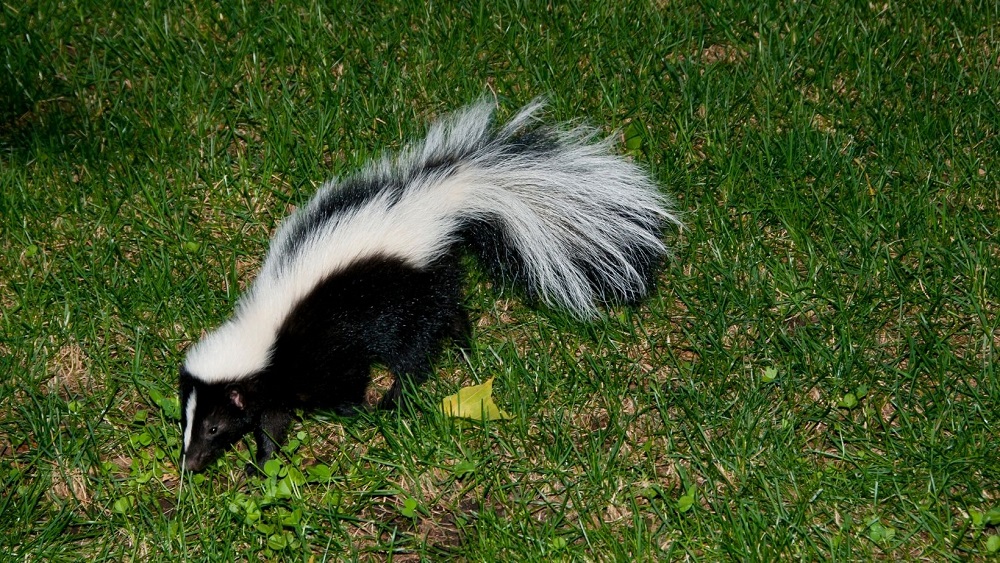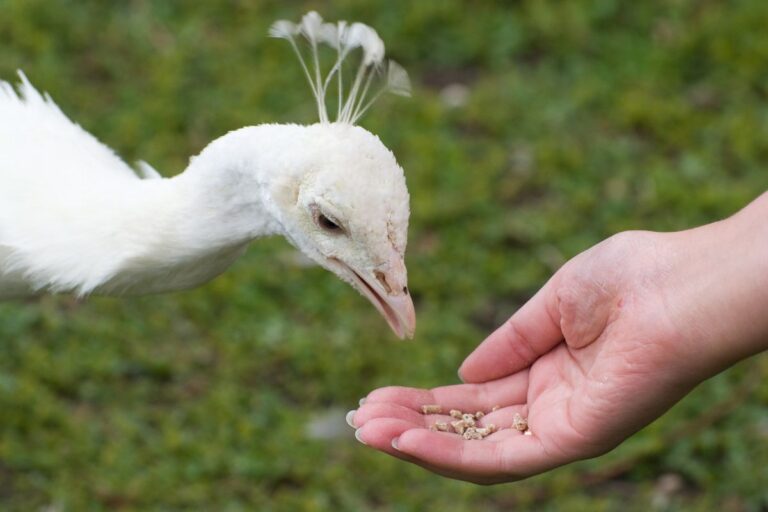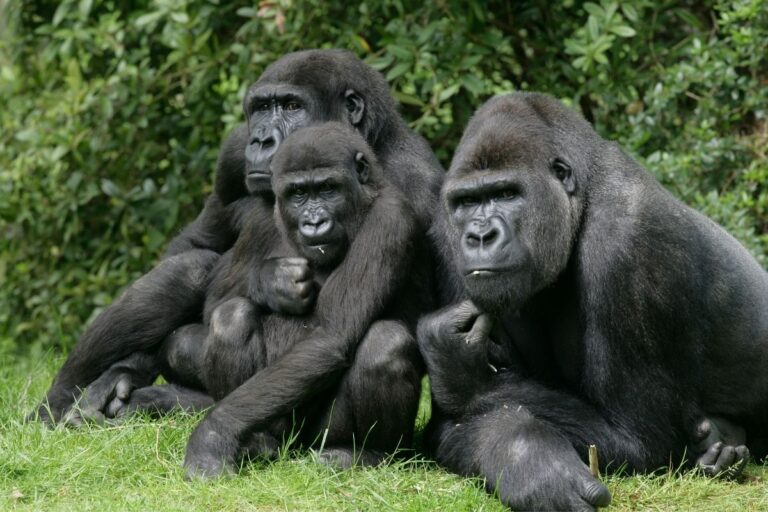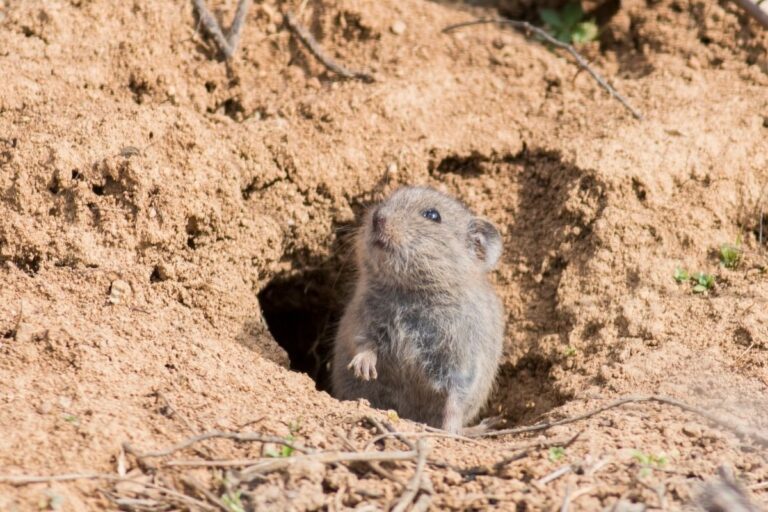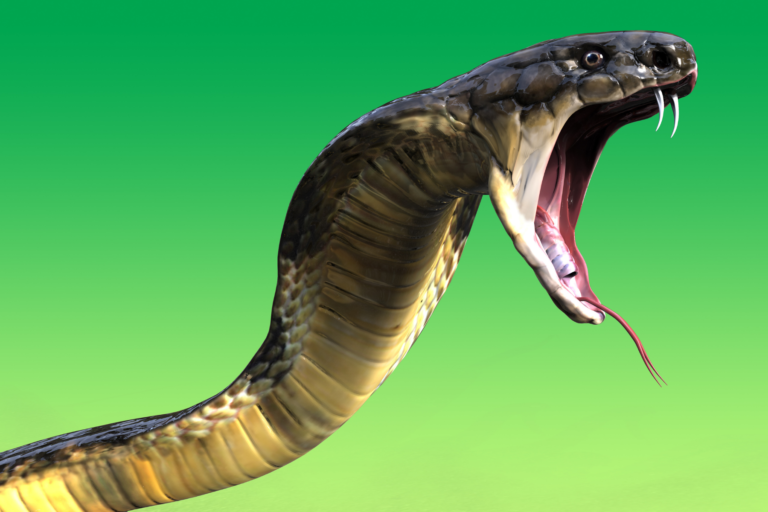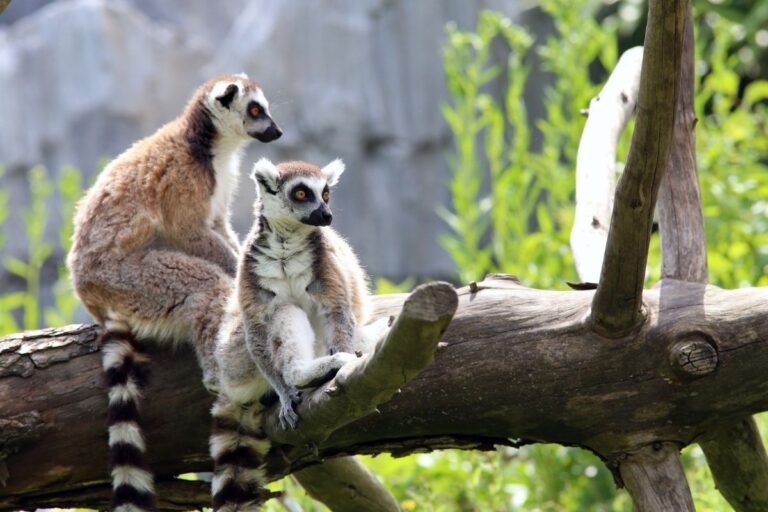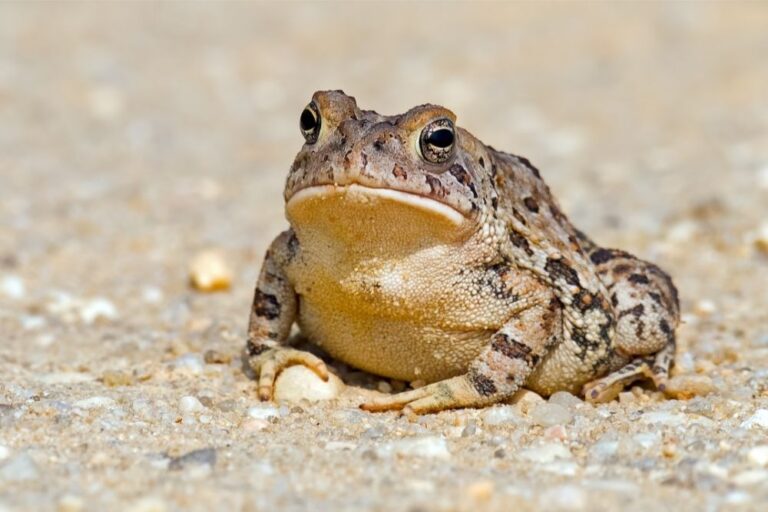What Do Skunks Eat?
Last Updated on November 10, 2021 by
When you think of skunks, your first thought is likely to be of how stinky they are due to their skunk spray. Often referenced in cartoons, its defense mechanism is very well-known, even if you do not know much about a skunk generally.
If you have stumbled across this article, you are perhaps more interested in their diet. Usually they favor insects and small prey, however their diet is extremely adaptable depending on the weather and what is available to them.
If food becomes scarce, they have been known to eat plants and go through garbage cans to help sustain themselves and their young. Even during the summer months they may eat more in case they cannot find food during the winter.
Now you know a little bit more about a skunk’s diet, let’s get into the details…
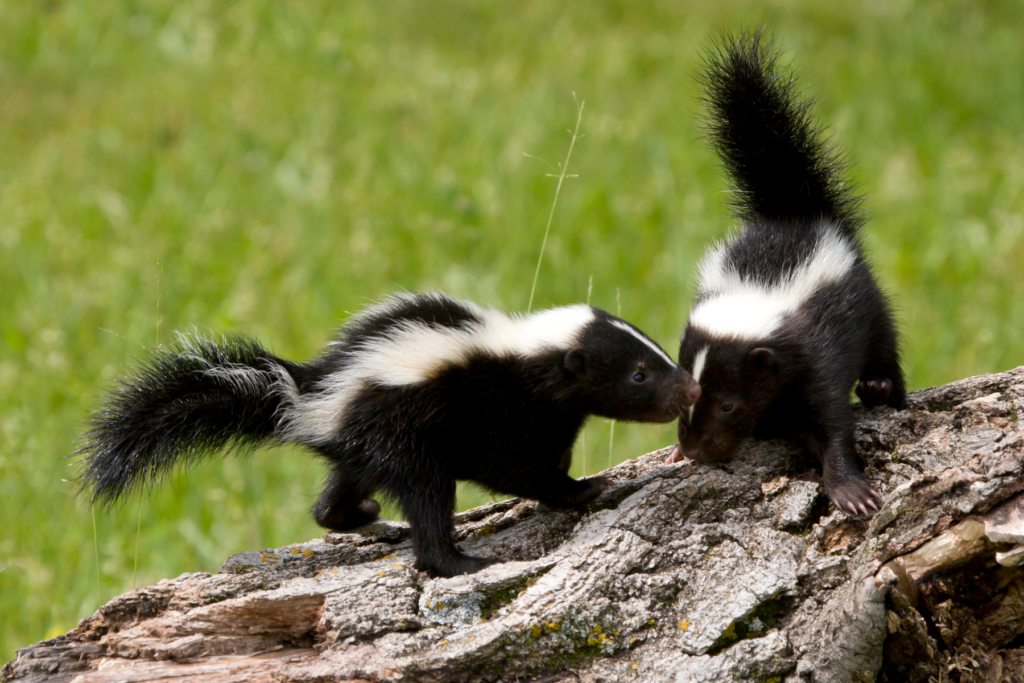
Small Prey
Skunks have been known to be called a nuisance by homeowners without them realising how beneficial they can be to a garden.
There are a lot of insects that will ruin a yard, but luckily a skunk will eat a diet of around 70% of insects, including these little destructive critters.
They also prey on small animals – the rodents that nobody wants in their home – and will catch these to eat. Some of these include:
- Cockroaches
- Grasshoppers
- Crickets
- Rabbits
- Moles
- Mice
- Voles
- Snakes
- Beetles (and beetle larvae)
- Spiders (including the black widow)
- Fish
- Small reptiles
- Ground nesting birds
- Shrews
- Frogs and toads
- Bees
- Water snakes, etc.
A skunk will usually prey on anything that is not too large for them to attack, so if they cannot find anything, they will forage for human food instead, and that means looking through garbage.
They do have a self-defense mechanism by using their spray, but there is actually little understanding of how a skunk catches their prey.
What is interesting about a skunk’s diet, is that they are a predator of the honeybee. Their thick fur helps them to not get stung, which is helpful, especially when they are attacking a whole beehive! The skunk will use his long claws to scratch at the beehive.
This will cause the guard bees to come out and see what is going on. Because of this curiosity, they normally get eaten first.
It is not unusual for a skunk to eat prey that would appear to be quite scary to us, like a bee because of its sting or a snake because of its bite. Most of the more dangerous prey are chosen by the skunk to teach their young about self-defense.
Skunks Also Eat Plants
Skunks are omnivores so will also eat plants, especially if they cannot catch any prey. They do not have a plant-based diet, and will only seek out this type of food when other food is scarce. Also, they may seek out plants when a cold winter is setting in and they need to find food to eat.
They will eat items such as:
- Blueberries
- Blackberries
- Seeds
- Corn
- Nuts
- Plant parts
- Plant roots
Skunks In Urban Environments
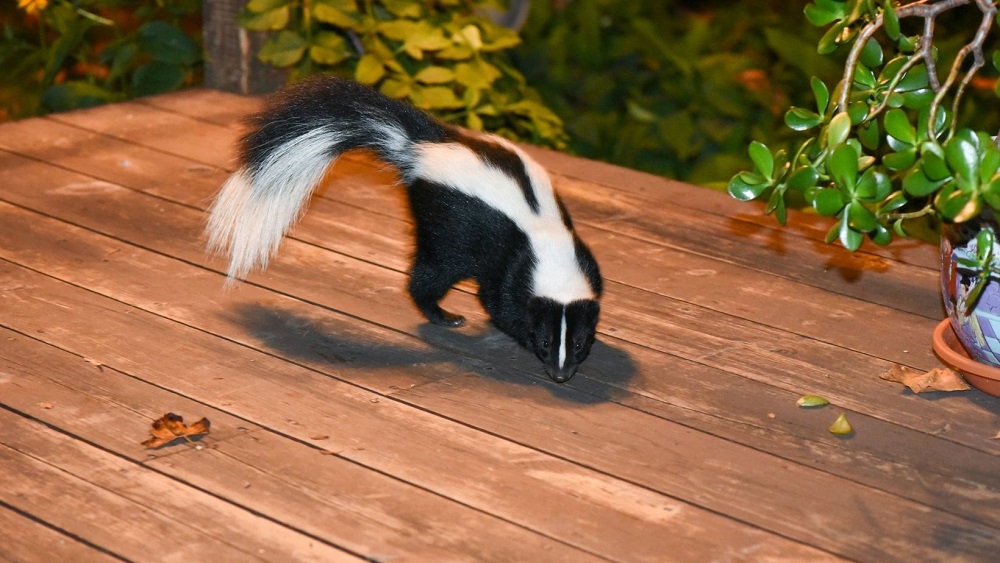
As well as foraging for rodents, they will, just like foxes, search through and eat garbage. Not only that, they know insects and rodents will gravitate to where the garbage is.
Leftover food that has been thrown out will give a skunk a nice meal, but will, ultimately, leave a large mess outside the home after they have been searching through the garbage for that one delicious dinner.
As previously mentioned, skunks are adaptable and will find whatever they can to not go hungry. So, if you leave food in your trash outside, no doubt an animal will find it whilst they are on the lookout for food.
A skunk will not always find food in the garbage, so will look for other places such as bird feeders, compost piles and BBQ grills. This is another reason why humans may have a disliking for the skunk.
However, skunks, like other rodents, will create a routine. So if they know of a food source, they will keep coming back to it, especially during winter when food may be more difficult to come by.
A Winter Diet
A skunk will not hibernate fully during the winter, and during warmer nights may venture out to forage for food. They will eat prey such as:
- Frogs and toads
- A number of insects
- Grubs
- Earthworms
- Snakes
- Berries
- Birds and eggs
- Plant roots
- Edible leaves
- Small animals, etc.
The Adaptable Diet
Skunks will always prefer eating animals over plants, but will choose plants if rodents are scarce. So depending on the season and what they can find, a skunk will adapt their diet to whatever is available around them.
During the summer a skunk will have a healthier choice of food, and that also includes a diet rich in insects due to their being a plentiful supply of them.
This could be anything from grasshoppers to crickets. They will eat fewer plants because there is not the same need in the warmer season.
Once the colder weather hits, the skunk may start to eat less fresh food, such as things that he may find on the floor which has been dropped to the ground.
Basically, anything that is easily accessible and edible. Also, they will likely eat more food that is rotting and make their way through garbage bins.
As a last resort, a skunk may kill anything alive (that is not too big) in order to eat such as poultry, and will also eat the eggs. Because they do not hibernate, they still need to find food in the colder months to survive.
An Overview Of The Skunk Diet
A skunk’s diet is adaptable depending on both the season and what is available. He will prey on small animals and insects, but once the cold weather sets in and he still needs to forage for food, he will eat plants and search through garbage bins.
A skunk may be a little misunderstood, but, just like a lot of other wild animals, they are only doing what they all do – trying to survive.

